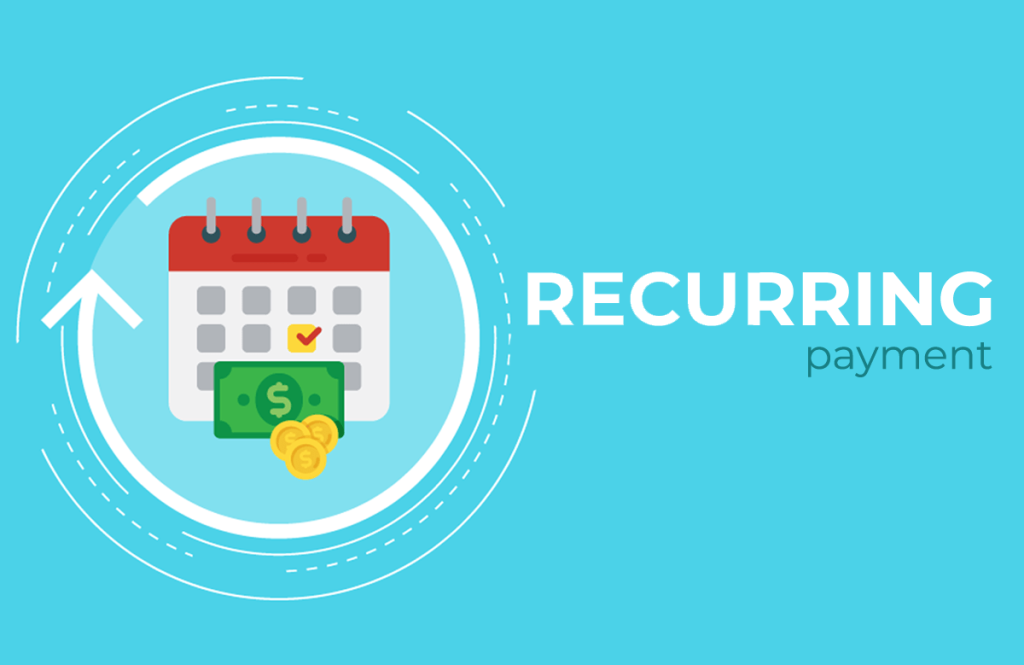Introduction to Chargebacks in Recurring Payments
Recurring payments, commonly used in subscription services and software, provide steady revenue but come with a higher risk of chargebacks. A chargeback occurs when a customer disputes a transaction, forcing a reversal. This leads to lost revenue, fees, and potential negative consequences for businesses.
In subscription billing, chargebacks frequently arise due to unclear billing terms, difficulties in canceling services, or fraud. To minimize these issues, businesses must implement clear procedures and comply with rules from payment networks like Visa and Mastercard.
Common Causes of Recurring Payment Chargebacks
Here are the primary reasons for chargebacks in recurring payment models:
- Forgotten Subscription: 52% of consumers forget about at least one recurring payment, leading to unexpected charges and disputes.
- Cancellation Issues: Chargebacks often occur when customers feel they can’t easily cancel services.
- Miscommunication: Confusion about trial periods and payment cycles is a frequent cause of disputes. Many merchants fail to notify users clearly before converting a free trial to a paid service.
- Friendly Fraud: Visa estimates that 86% of chargebacks are friendly fraud. Customers dispute charges they agreed to but either forgot or regret later.
Understanding these causes is crucial for businesses to reduce disputes and improve processes.
Key Rules and Regulations for Chargebacks
Visa and Mastercard Requirements
Both Visa and Mastercard enforce regulations for recurring transactions to protect consumers and reduce chargebacks. These rules focus on transparency, easy cancellations, and clear consent from customers.
- Visa’s Rules:
- Clear Disclosure: Merchants must provide straightforward terms of service, including billing cycles, trial periods, and cancellation options.
- Consent: Before any recurring charges occur, customers must give written or electronic consent. Merchants need to retain this as proof to fight chargebacks.
- Cancellation Options: Cancellations must be easy and available through various channels like email and SMS.
- Mastercard’s Rules:
- Pre-Billing Notification: Businesses must notify customers at least seven days before charging for the next billing cycle.
- Dynamic Descriptors: Billing statements must use clear descriptions so the charge is easy to recognize. For example, including “Subscription” or “Recurring” helps avoid confusion.

Best Practices for Chargeback Prevention
To effectively minimize chargebacks, businesses should adopt these straightforward practices:
- Transparent Terms: Ensure that customers fully understand what they are subscribing to, with terms outlined clearly at sign-up.
- Multiple Cancellation Options: Provide cancellation links in every communication, and make cancellation procedures easy to follow.
- Use Account Updater Services: Visa and Mastercard offer services that automatically update a customer’s card information if it expires, reducing failed transactions and chargebacks.
Partner Recommendation: Merchanto.org is an official partner of Visa and Mastercard for chargeback prevention. Merchanto helps businesses implement these practices and reduce chargeback risks. Learn more at Merchanto.org.
Chargeback Data for Recurring Billing
Data is key to understanding and preventing chargebacks. Below are three essential tables showing common chargeback reasons, Visa and Mastercard rule differences, and the average fees by industry.
Table 1: Top Causes of Chargebacks in Recurring Billing (2023 Data)
| Cause | Percentage of Chargebacks |
|---|---|
| Friendly Fraud | 86% |
| Forgotten Subscription | 52% |
| Cancellation Issues | 24% |
| Miscommunication on Billing | 18% |
| True Fraud | 6% |
Table 2: Visa vs. Mastercard Recurring Payment Rules
| Feature | Visa | Mastercard |
|---|---|---|
| Enhanced Disclosure | Required | Required |
| Pre-Billing Notification | Recommended | Mandatory (7 days before charge) |
| Dynamic Descriptors | Recommended | Mandatory for recurring charges |
| Cancellation Options | Mandatory | Mandatory |
| Dispute Window | 120 days | 120 days |
Table 3: Average Chargeback Fees by Industry (2023 Data)
| Industry | Chargeback Fee | Revenue Lost (Multiplier) |
|---|---|---|
| SaaS and Digital Services | $20 – $50 | 1.5x transaction amount |
| Subscription Boxes | $25 – $75 | 2x transaction amount |
| E-commerce (Physical Goods) | $30 – $60 | 1.8x transaction amount |
How to Handle and Dispute Chargebacks
Even with preventive measures, chargebacks will occur. When they do, it’s critical to have an effective dispute strategy:
- Collect Evidence: Documentation, such as signed agreements or email receipts, is essential to contest a chargeback.
- Provide Proof of Services Rendered: If a customer used the service, you can dispute a chargeback by showing evidence that the service was delivered.
- Timely Response: Most chargeback disputes need to be addressed within 30 days, depending on the network’s guidelines.
Visa and Mastercard allow merchants to challenge certain types of chargebacks, particularly those where a customer failed to follow the proper cancellation process. However, responding quickly and providing complete documentation is critical to winning disputes.

Tools to Prevent Chargebacks
There are several tools and technologies that help businesses reduce chargeback risks:
- Account Updater Services: These services, offered by both Visa and Mastercard, ensure that recurring payments continue even if a customer’s card expires. This reduces failed payments, which are a common trigger for chargebacks.
- Dynamic Billing Descriptors: Using clear and descriptive billing statements helps customers recognize charges, reducing disputes. For instance, “Streaming Subscription” instead of a vague company name can help avoid confusion.
- Fraud Detection Tools: Implementing fraud detection systems that screen transactions for suspicious behavior can prevent fraudulent charges and reduce chargeback rates. These tools can be integrated with payment processors like Stripe and Braintree.
Conclusion
Chargebacks pose a significant risk to businesses using recurring billing models. However, by following the Visa and Mastercard rules and implementing best practices such as clear communication, easy cancellations, and fraud prevention tools, businesses can reduce the likelihood of disputes.
Proactively addressing the causes of chargebacks—like forgotten subscriptions and complicated cancellations—helps businesses not only retain customers but also maintain a healthy relationship with payment processors.
By focusing on compliance, transparency, and customer service, businesses can reduce chargebacks, protect their revenue, and maintain trust with customers and payment processors alike.



